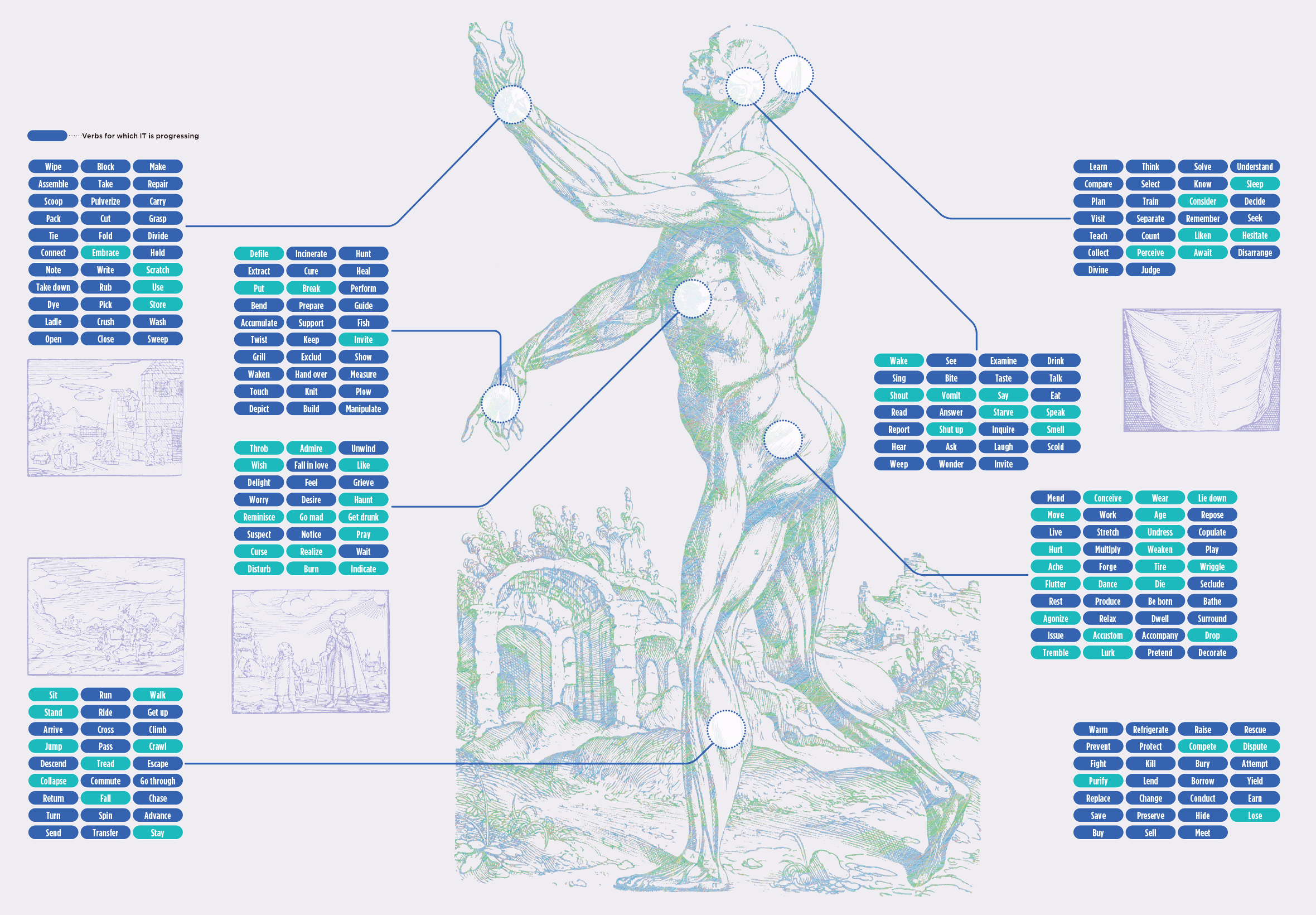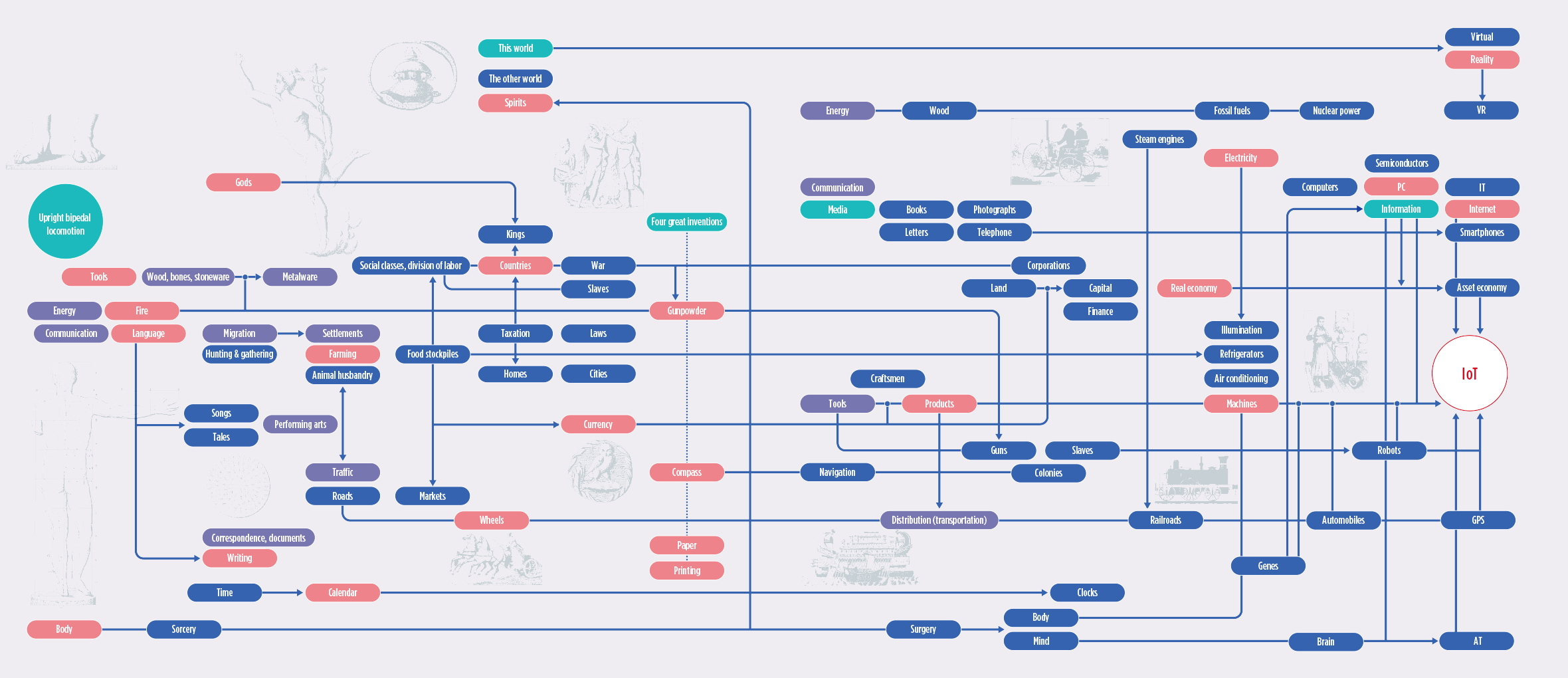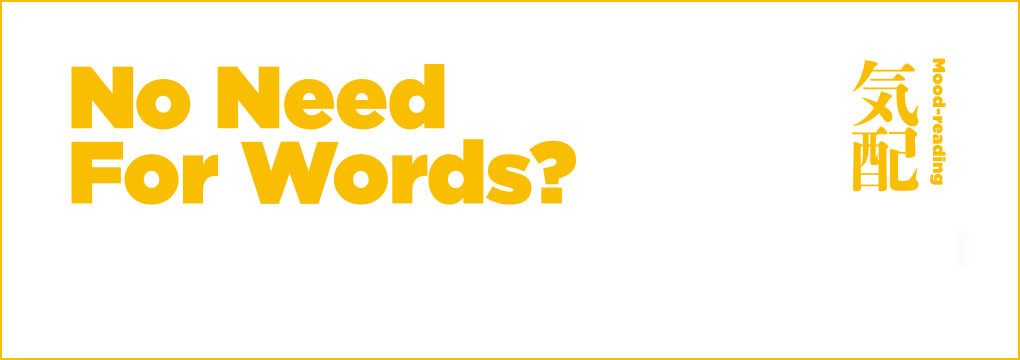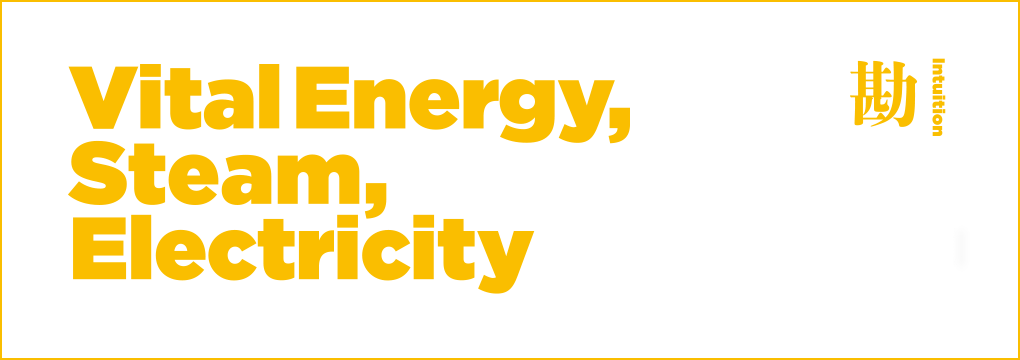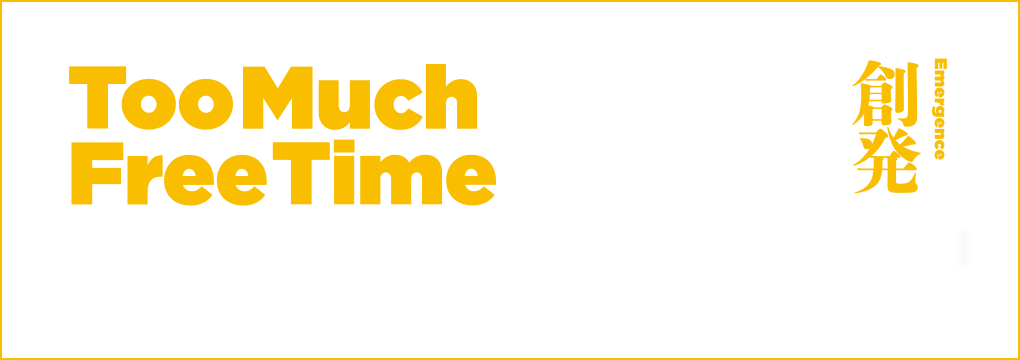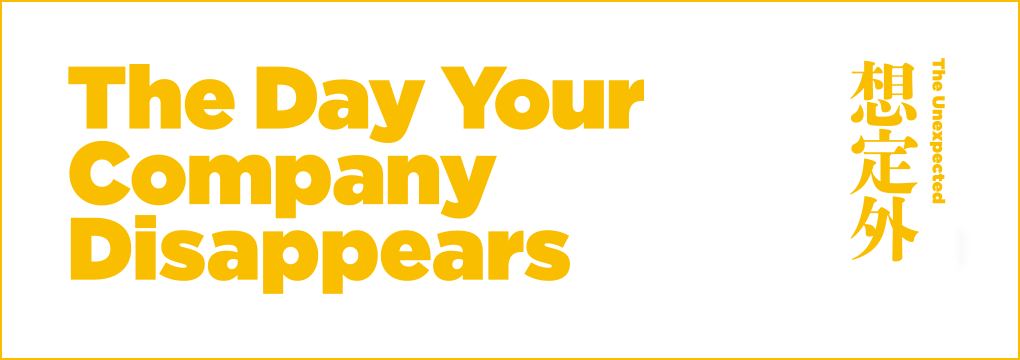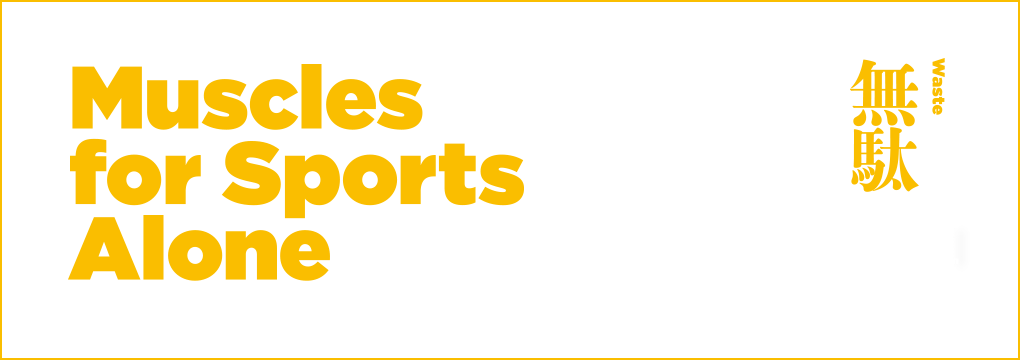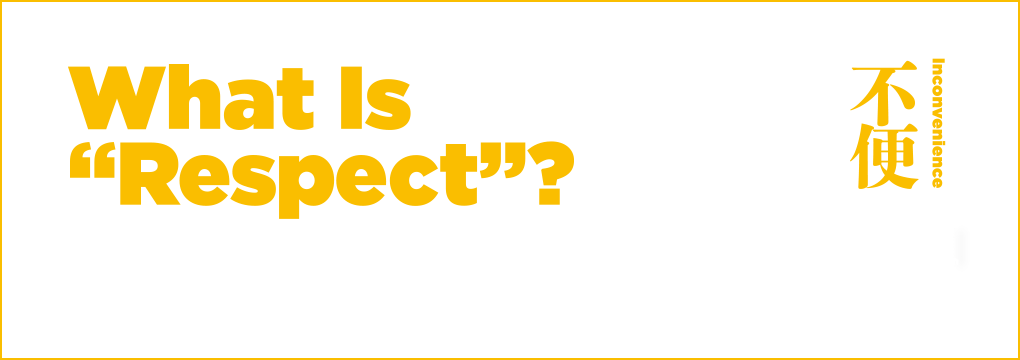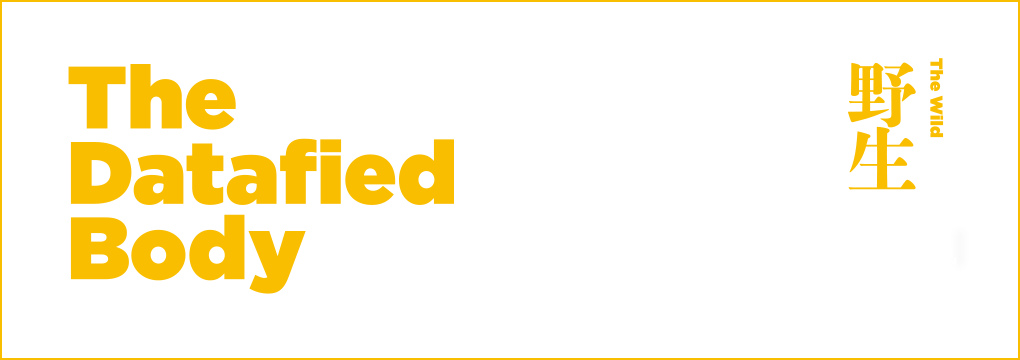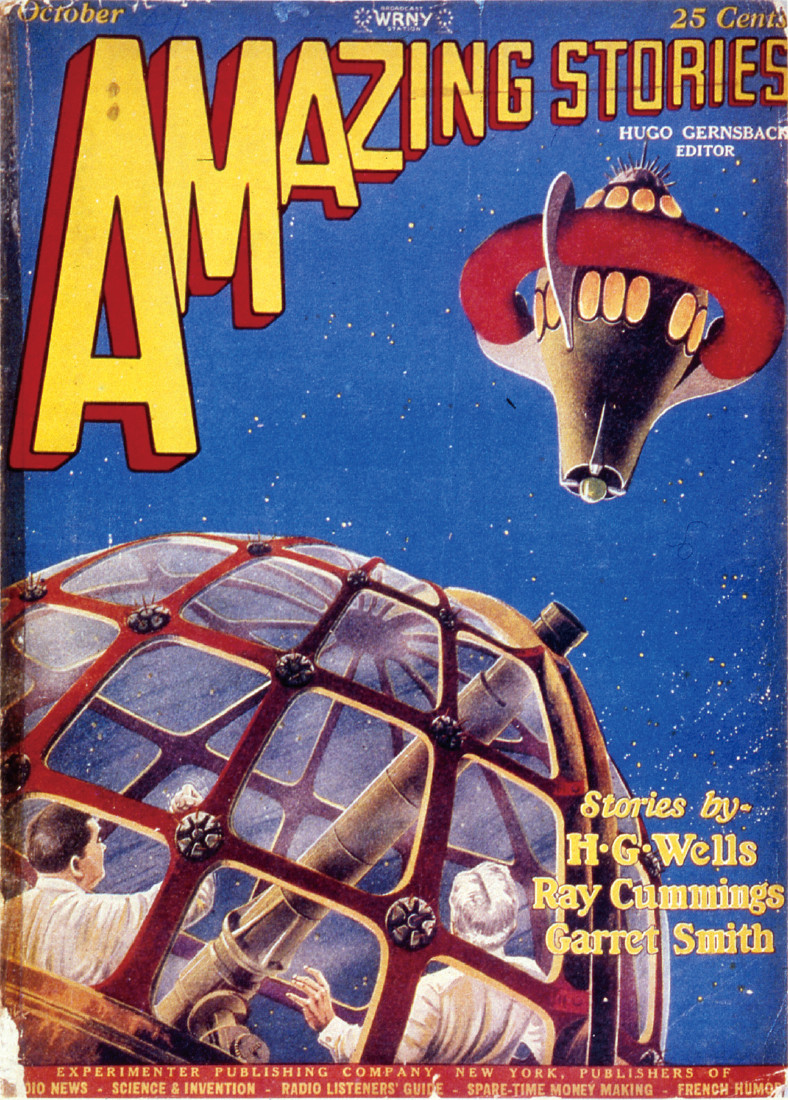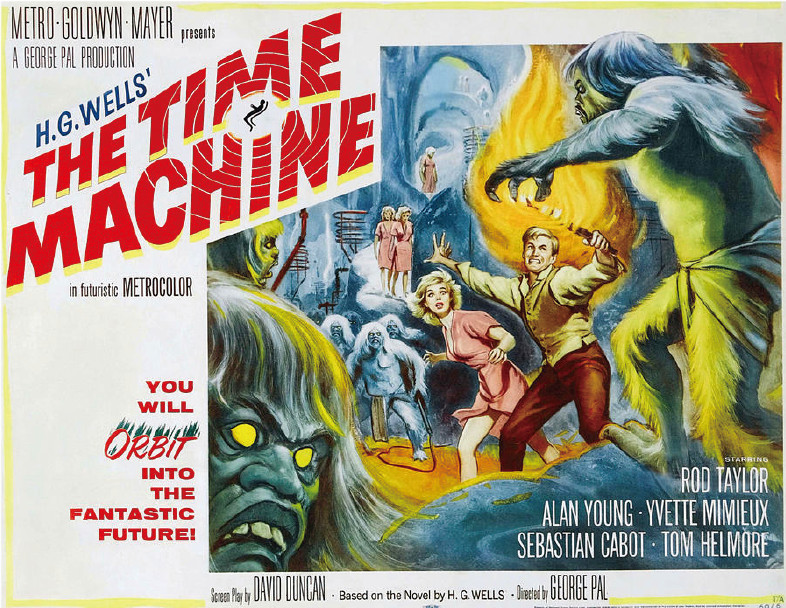Animal “super” powers
Through upright bipedal locomotion and the acquisition of tools, fire and language, humans became something quite different than the other animals. Fire led to the creation of metalware, while the habit of cooking with fire transformed the environment inside the human body. However, communication using language also led to a decline in our ability to read the signs of nature.
The power of memory
The invention of writing instantly accelerated the evolution of civilization. On the one hand we got “documents,” but at the same time our power to memorize diminished. Eventually “memories” that were not officially recorded were treated as nonexistent. In our computerized age, our power to memorize is once again falling off dramatically.
The power of the individual
The start of settlements and farming was also the origin of countries. In particular the cultivation of storable cereals meant food reserves and wealth overall. Crops like rice and wheat that are difficult to grow efficiently by individuals led to cooperation, systems for division of labor, and the entrusting of more and more functions to the “country.” Today, the Cloud is becoming yet another “country.”
The power of movement
Thanks to the invention of the wheel, it became possible to transport large quantities of goods long distances in a short time. The use of oxen and horses further increased the efficiency. With people living in permanent settlements, there were much less need to move around on foot. Not having to walk was a privilege for a select few in ancient times, but modern people seem to be abandoning bipedalism itself.
The sense of direction
The so-called “Four Great Inventions” of Ancient China still have a tremendous influence on human civilization. The compass meant that people could determine the correct direction even while traveling. But on the downside, the ability to determine one’s position after the sun and the stars was lost. The “surface” sense of direction became a “line” sense, and now with GPS our sense of position has been reduced to a “point.”
The powers of the dark
It goes without saying that household appliances have changed our way of life, but above all air conditioning and electric light have taken away our innate sense of time. The darkness of the night has vanished, and although it is nice to live at a constant temperature and humidity, our sense of the seasons has grown thin, and our biological clocks and self-regulating functions are going haywire.
The powers of the hands
When the monetary economy was established in the Middle Ages, tools became goods to trade. Their users became craftsmen, and the division of labor progressed further. Improved or repaired necessities could easily be bought for money, and traditional manual skills were forgotten. Now even money itself is changing from bills and coins to “data.”
The power of futility
It was believed that replacing human activities with machines and systems would create “free time,” but the new free time also tends to be filled with machines and systems. The powerful fertility of futility and leisure, inefficiency and irrationality is getting harder to recognize. Modern people desperately want to be busy.
The power of disease and death
If we were to treat the body as a mechanical system and express its changes as numerical values, the messages sent by the body would be unrecognizable to its owner. Disease and death are regarded as something to avoid, so they are hidden away and isolated. But a world where disease and death are invisible is also a world where life itself is invisible.
The power of prediction
The development of modern science has improved prediction technologies by leaps and bounds. The future can be steadily predicted as long as the boundary conditions are defined. But as soon as we lose track of those boundary conditions, “unexpected” situations immediately occur. Nevertheless, intuition and precognitive abilities that might predict even the unexpected are rapidly replaced by science and technology.







